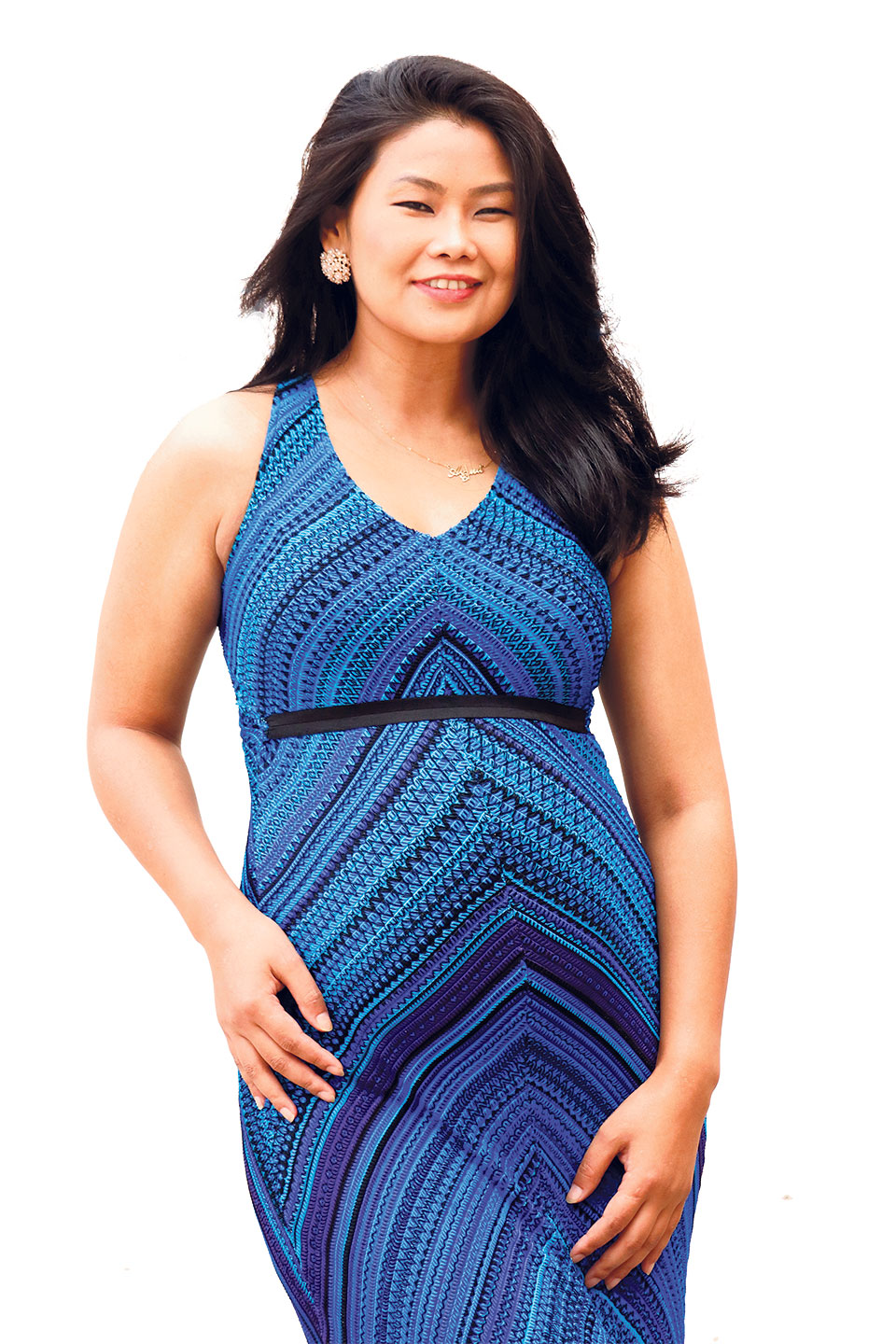Cham: The Dance Meditation (With Video)
5 years ago

5 years ago

5 years ago

5 years ago

5 years ago

5 years ago

Classy, yet cost-friendly collection defines Bina Ghale’s sartorial elegance. The model turned fashion designer is one of the most acclaimed Nepali fashion designers.
Prior to stepping into fashion designing, she was closely affiliated with the fashion realm where she spent five years as a model. It was only after she got a degree in fashion designing from the International Institute of Fashion Design (IIFD), Delhi, that she started freelancing as a designer. So far, she has spent a decade in the fashion industry and also introduced her own label, Gabi, in the due course. The trend setter, Ghale, also has an experience of designing for the cinemas. Her work has been featured in movies like ‘Dreams’, ‘Soul Sister’, ‘Timi Sanga’, ‘Resham Filili’, and ‘Romeo and Muna’. Moreover, fashion icons have flaunted her designs in the grand stages of Miss Nepal 2018, and Miss Universe 2017. Currently awaiting motherhood, the soon-to-be -mom has been looking forward to starting her next label soon.
In an interview with My City’s Sonam Lama, Ghale shared her experience of the Nepali fashion fraternity.
What drew you towards the glitz and glamour of the fashion industry?
I began my career in fashion in 2001 as a model. After collecting insights of the industry for a couple of years, the art of fashion designing caught my interest. From the initial phase of my career, I was keen on woman entrepreneurship and mass production which eventually landed me into fashion designing. After five years of modeling, I went to India to study in IIFD.
India has a bigger fashion market, but why did you choose to come back to Nepal?
After completing my studies in Delhi, I worked there for a year before deciding to return home. I think my plans of venturing out with my own label would have elongated by a few more years if I had stayed back in India. My fashion label was my top-most priority. Also, I wanted to contribute to reshaping Nepali fashion in better ways.
How has the industry shaped up in the past decade? In your view, what are the hurdles that exist in this field?
The definition of fashion has changed, widening its scope. If we reflect back and compare, there have been numerous phases through which the industry has evolved. As people have started acknowledging the efforts the designers put in to create their garments, it has added value, and at the same time increased the demands, of custom-made designer dresses. However, the accessibility of fabric and textile is still a challenge here. As the market is constrained, it affects the creativity of designers who depend on imported raw materials and resources.
You have started your own label ‘Gabi’. How have you been reaching out to the diverse clientele?
The stereotypical idea of fashion suggests carrying expensive brands, but in reality, the misconception does not justify fashion. The cycle of demand and supply has their roles in price fluctuation, but the exorbitant tags have limited Nepali fashion only to expensive wears. Acknowledging this fact, I started my label Gabi.
Gabi has a wide range of traditional and western designer wears , catering every age-group complying with their budget. Many people get carried away with the glitz and trends that they end up buying designers clothes without enquiring about the quality. It is something that we seriously work on since our brand is based on quality.
In your view, how can we make fashion parallel with affordability?
Nepal imports a heavy number of the raw materials and resources from other countries. In order to tamp down the monetary value of clothes, one of the effective measures is to encourage local productivity through sufficient and skilled human resource, expanding the market and enhancing local investment. People are still reluctant to wear Nepali designs, which is why our designs have been lagging behind. Therefore, the fashion statement here would change with the change in quality, creativity and the mindset that encourages accepting local produces.
Leave A Comment